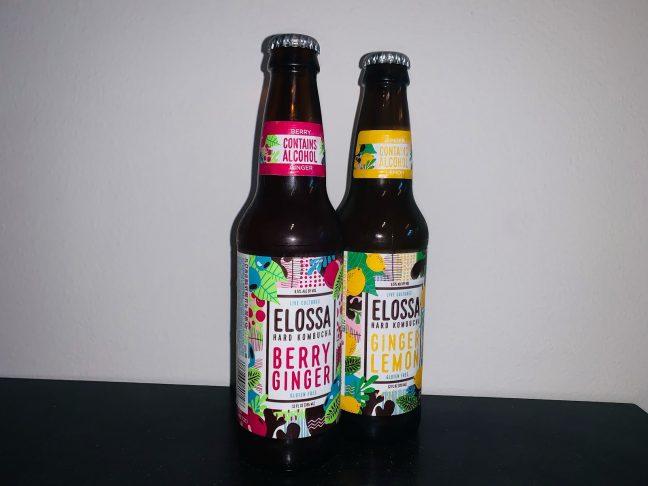Love it or hate it, you’ve probably heard of kombucha. Regardless of your feelings towards the fermented tea beverage, if you’re a college student living through a pandemic like the rest of us, this may be of interest to you.
May I introduce you to hard kombucha? Hard kombucha, meet sad college student.
So what exactly is kombucha? Let’s start with the basics. Kombucha has been consumed for thousands of years. Originally brewed in China, kombucha is now produced and sold worldwide. Many people drink kombucha for its plethora of health benefits, such as antioxidants — which fight damaging free radicals in the body — and probiotics.
Kombucha may even help fight cancer, type 2 diabetes, heart disease and bad bacteria. Though there aren’t many studies confirming the benefits of kombucha, it can’t be worse than the other things you drink, right?
Despite the lack of research, there is solid evidence on the benefits of tea and probiotics, both of which can be found in kombucha.
You really can’t go wrong! Unless of course, you try to brew it yourself, which can in fact go horribly wrong if the brewing process is not carefully followed. Especially if you’re making alcoholic kombucha. Non-alcoholic kombucha naturally has a little alcohol in it due to the symbiotic culture of bacteria and yeasts, but kombucha sold in stores is not permitted to contain over 0.5% alcohol.
At-home brewed kombucha can contain up to 3% alcohol, however, over-fermented or contaminated kombucha can lead to serious health problems and in a worst-case scenario, death. If you don’t feel like risking your life to make it at home, both non-alcoholic and boozy kombucha can be found at most grocery stores and online.
So let’s get into the part you’ve been waiting for. Alcoholic kombucha is on the come up. Spiked seltzers are still hoarding the alcoholic spotlight, but their time could be limited. Just like hard seltzers, hard kombucha presents us with another bubbly and fruity alcoholic beverage.
Though there are many variations between brands, here’s how the two compare. Most spiked seltzers are around 100 calories with low sugar and carbs. Additionally, most are gluten-free and contain around 5% alcohol by volume.
Most hard kombuchas, on the other hand, contain around 100 calories, are low in sugar and carbs, and contain anywhere from 3% to 8% ABV. Pricewise, a pack of hard seltzers will typically run you $15 to $20, whereas most packs of hard kombucha are a little more pricey, ranging from $15 to $24.
Not only can hard kombucha go head-to-head with hard seltzers, but it blows traditional mixed drinks out of the water in terms of calories and health benefits. For example, the average rum and coke has around 180 calories and 39 grams of sugar.
Margaritas, daiquiris and other indulgent beverages can’t compete with hard kombucha’s low calorie and sugar content. But taste is completely subjective. Here is my review on the Elossa Hard Kombucha I purchased from none other than THE Trader Joe’s.
With 149 calories, 3 grams of sugar, live cultures, 6.5% ABV and an extremely cute bottle, I was impressed by the Elossa Hard Kombucha. Elossa is gluten-free and comes in two different flavors, Berry Ginger and Ginger Lemon.
I would definitely purchase Elossa Hard Kombucha again, but buy at your own risk, as kombucha seems to be one of those things you either love or hate, due to its very distinct flavor. Alcoholic kombucha does not seem to be for the faint of heart, but don’t take my word for it, go try for yourself!


